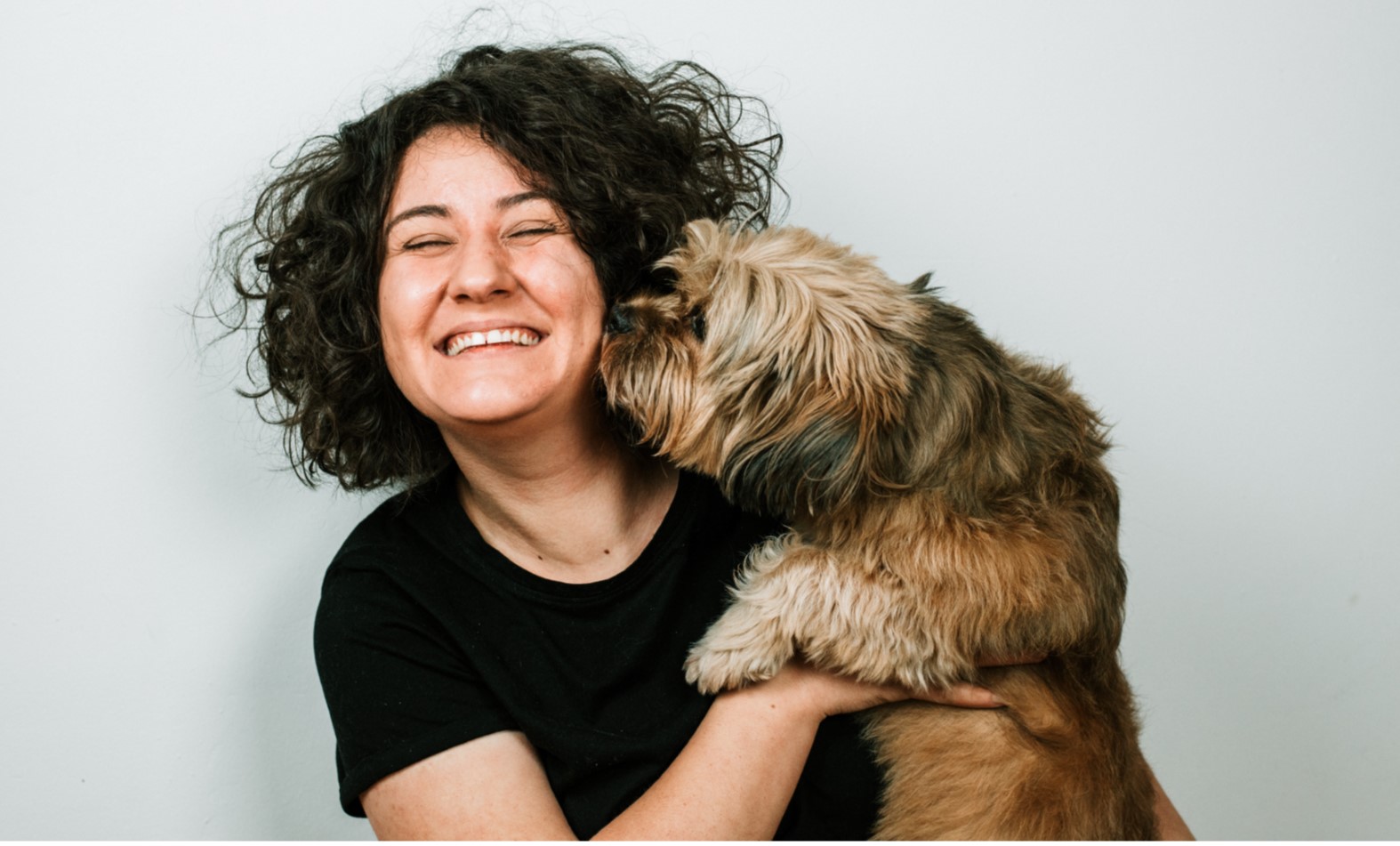Published on Wednesday, 6 April 2022 at 3:00:00 PM
 Currently, each WA Shire manages their own animal information database. This means, if you move, you have to update your information in each Shire. To simplify this process, the Western Australian Government is transitioning to a centralised animal database. To ensure our data is accurate to be migrated to the centralised database, we conducted an audit on our system and identified that some information was missing or no longer up-to-date. We are looking to rectify this so that information in our database is usable. This information includes microchip, sterilisation, address, and registration records.
Currently, each WA Shire manages their own animal information database. This means, if you move, you have to update your information in each Shire. To simplify this process, the Western Australian Government is transitioning to a centralised animal database. To ensure our data is accurate to be migrated to the centralised database, we conducted an audit on our system and identified that some information was missing or no longer up-to-date. We are looking to rectify this so that information in our database is usable. This information includes microchip, sterilisation, address, and registration records.
Up-to-date microchip details means that when we find a missing animal we can contact the owner as soon as possible and can inform them that their animal is safe. It also allows us to prove ownership. Additionally, this information is required to adhere to the Dog Act of 1976. The Dog Act 1976 is passed by the State Government and the Local Government must enforce breaches of this act.
Please note: That Shire registration is different to microchip registration. Further letters regarding Shire registration will be sent accordingly.
What else should I know as an animal owner?
For those of us who are enamoured by our dearest pooches, it is hard to imagine that puppy farming is still practiced in Western Australia. To combat the inhumane conditions of puppy farming, Parliament has passed changes to the Dog Act 1976, which gives local governments the tools to deal with irresponsible dog breeders, improve animal welfare and encourage responsible dog ownership through public awareness. Other changes, such as softening the muzzling requirements for greyhounds have been included.
- There will now be mandatory dog sterilisation and dog breeder approval to regulate the number of dogs being bred.
- Dogs to be de-sexed by the age of 2 years, unless they are exempt, to prevent unplanned breeding or over breeding.
- Information on dogs (and cats) to be held in a centralised registration system to allow information to be shared across the State.
- People who wish to breed from their dog will need to apply for an approval to breed, enabling breeders to be traced.
- Pet shops that sell dogs to work with rescue organisations to transition to adoption centres which will provide more adoption opportunities for unwanted dogs.
- Muzzling requirements for pet or retired racing greyhounds when in public places to be removed, making greyhounds more desirable as pets. Greyhounds will still be required to be kept on a lead in public areas. Registered racing greyhounds will continue to be required to wear muzzles in all public places.
These changes to the Dog Act 1976 will…
- increase the transparency of, and information on, the source of dogs;
- enhance the ability of authorities to identify and detect puppy farms;
- enhance the ability of authorities to prevent irresponsible breeders from breeding dogs;
- decrease the number of puppies and dogs that are bred indiscriminately;
- improve community understanding about responsible purchase and care of dogs; and
- transition pet shops into adoptions centres for unwanted dogs.
Back to All News